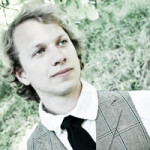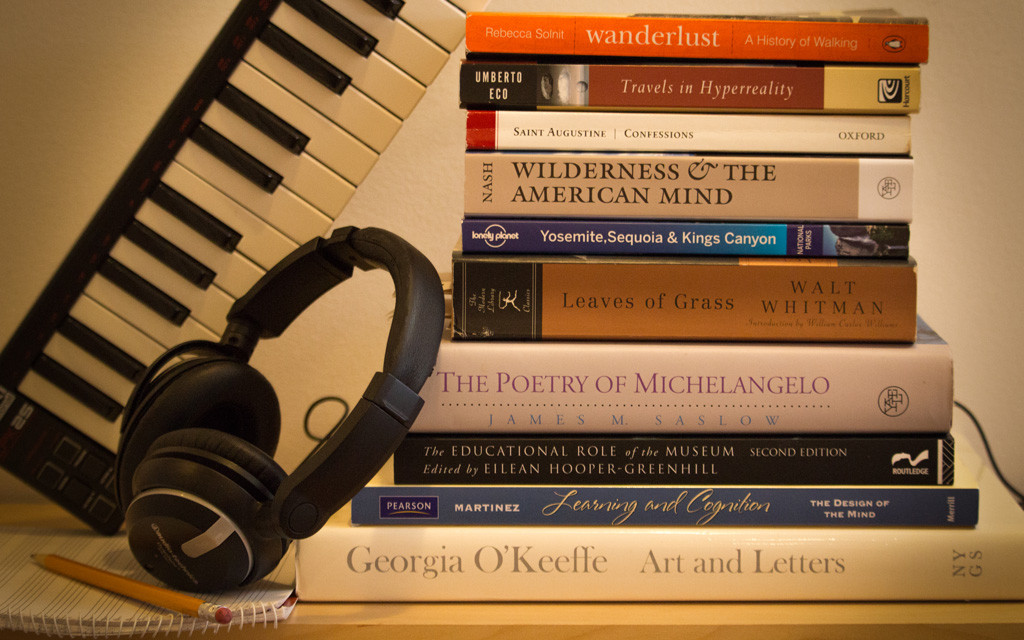There’s been some exciting behind-the-scenes activity going on here at Landscape Music over the last few months, but the website has been deceptively quiet! So, I thought I’d share a few updates:
Concerts in 2016
The first-ever Landscape Music Composers Network concerts are in the works for Spring and Fall of 2016 in Boston and New York, respectively, with two different programs featuring music by members of the Composers Network. These events will commemorate the centennial of the National Park Service with new music celebrating National Parks. We’re partnering with some fantastic performers and venues to bring this to life. Watch this space and follow me on Twitter for announcements in the coming months.
 Justin Ralls Joins the Composers Network
Justin Ralls Joins the Composers Network
Justin Ralls, a composer based in Portland, OR, is deeply inspired by wilderness: from his opera dramatizing the meeting of Muir and Roosevelt to his vivid works for chamber ensembles responding to natural soundscapes. Learn more on Justin’s LM profile, then check out the rest of the Composers Network roster.
Nell writes for NewMusicBox
I’m honored to have been invited to contribute six articles to NewMusicBox (where my writing energies are being temporarily diverted!). The first of these articles was published today: it introduces my four-part series on new music for learning, which will explore the learning potential of music inspired by visual art as well as Landscape Music. Follow NewMusicBox on Twitter and Facebook for announcements as these articles are published.



